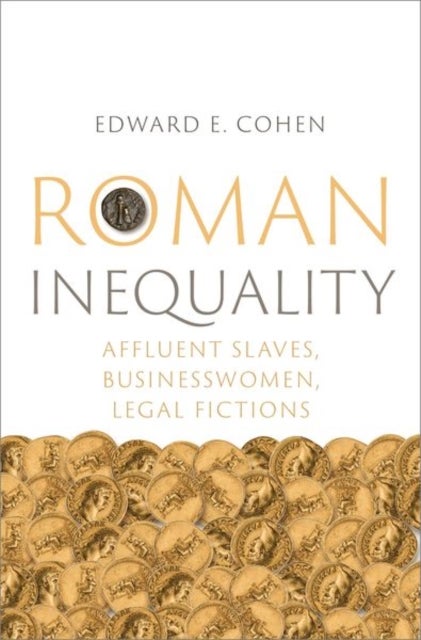
Roman Inequality av Edward E. (Professor of Classics and Ancient History (Adjunct) Professor of Classics and Ancient History (Adjunct) University of P
699,-
Roman Inequality explores how in Rome in the first and second centuries CE a number of male and female slaves, and some free women, prospered in business amidst a population of generally impoverished free inhabitants and of impecunious enslaved residents. Edward E. Cohen focuses on two anomalies to which only minimal academic attention has been previously directed: (1) the paradox of a Roman economy dependent on enslaved entrepreneurs who functioned, andoften achieved considerable personal affluence, within a legal system that supposedly deprived unfree persons of all legal capacity and human rights; (2) the incongruity of the importance and accomplishments of Roman businesswomen, both free and slave, successfully operating under legal rules that in manyaspects discriminated against women, but in commercial matters were in principle gender-blind and in practice generated egalitarian juridical conditions that often trumped gender-discriminatory customs. This book also examines the casui








